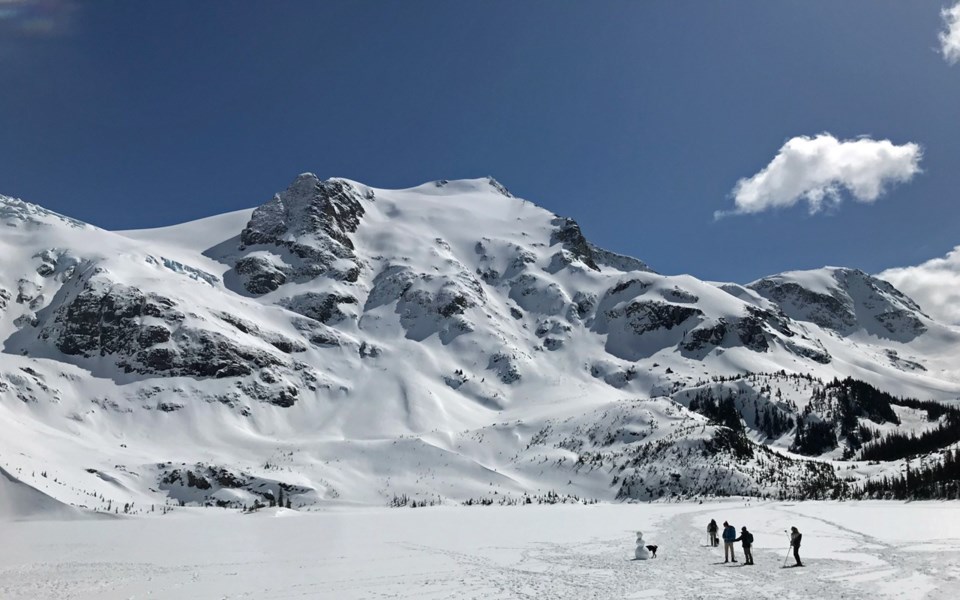the provincial government announced last Monday, April 20, that it will be extending BC Parks closures until May 31, following in the footsteps of national park closures.
But with Provincial Health Officer Dr. Bonnie Henry repeatedly encouraging residents to get outside and exercise in their home communities during the COVID-19 pandemic, some outdoor enthusiasts are wondering if there's an alternative to full closures.
"For the most part, people are appreciative of the fact that we live in B.C. where both the government and community as a whole have been taking this virus very seriously, and we're very thankful we're not facing a situation that a lot of other places are facing with larger numbers of deaths," said outdoor recreation advocate Steve Jones. "I think people are also understanding it will take the government time to return to a new normal ... We're starting to get a bit antsy and wanting to see [plans] because park closures make the situation worse in other areas and a number of us are anxious about how close people are in the remaining green spaces."
Officials first closed all BC Parks and recreation sites until further notice on April 8, ahead of the Easter long weekend, hoping to encourage would-be visitors to stay home. The goal, BC Parks said in an email, was to reduce transmission of the virus.
"It also responds to ongoing concerns from First Nations, regional and local governments about the increase of park visitors and the resulting impacts on neighbouring communities," the email said. "Many parks have already experienced peak-season levels of use that has resulted in overwhelmed parking lots, trails and trailheads, making physical distancing impossible in some locations, and resulting in facility and environmental damage."
As the pandemic wears on, though, Jones said a middle ground could be struck to get people outside in a physically distant manner and take some of the pressure off of non-BC Parks trails to which people are now flocking.
To that end, BC Parks could apply the research it has done in recent years on how to control visitation to Joffre Lakes Provincial Park, he added.
"Some of the areas, if they take the parking lots, barricade them in half and anyone who parks outside the area will be towed, that's one good [idea]," he said. "Especially the ones you have to travel a little further to, do a day pass you could sign up for online. Then, where it's an option, minimize different types of uses on the trails and establish a preferred direction of travel to create a loop. I'm quite optimistic they should be able to do that and it will relieve pressure on other areas."
Jones also suggested opening up access to high-risk groups like seniors first ("I think they are struggling right now to get fresh air in these close urban areas," he said); limiting certain trails to certain sports; and examining how to implement safety measures to run campgrounds, where sites are already spaced apart.
Meanwhile, in Whistler, Mayor Jack Crompton said most people are respecting physical distancing rules on local trails. It helps that visitation is down drastically, he added.
"We received information from the Ministry of Transportation and Infrastructure that there's been a 55-per-cent reduction in traffic between Squamish and Whistler with no spike on the weekends," he said.
Pemberton has had a different experience. While BC Parks' closures were necessary, along with closing local parks, it does make other spaces busier, said Mayor Mike Richman.
"There's no question," he said. "It's been part of the question we've asked with any closures: are we putting pressures elsewhere? That—and having the mental health outlets of our beautiful trails being open—has been part of the conversation."
Numbers might be down, but people are still travelling outside their home communities to recreate, he added.
"We've ... been told we need to keep [physical distancing] up," he said. "We will look at what we can re-open and maintain in the weeks to come. It's a moving target, so it keeps changing all the time."




